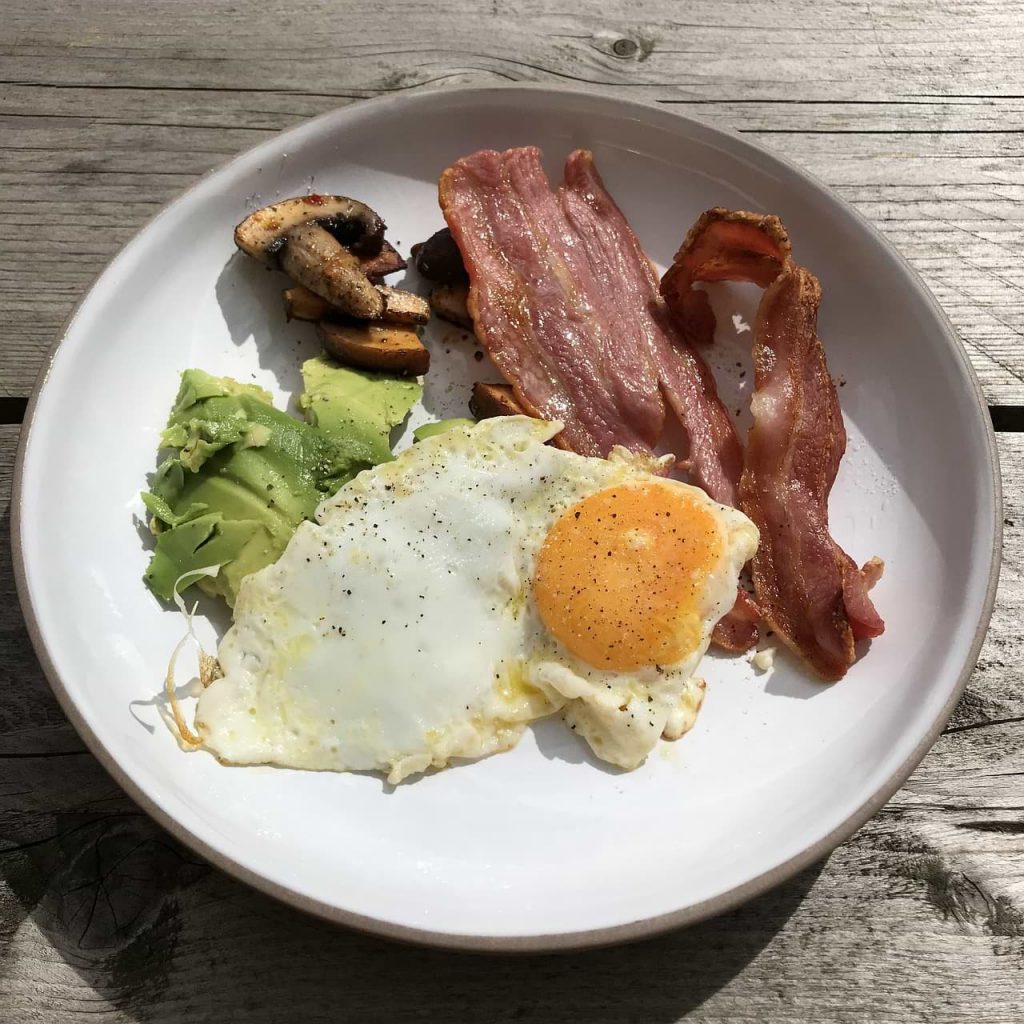With the vegan market now worth over $4.5 Billion at the close of the decade, it’s safe to say that the once-fringe diet trend is now one of the major movers and shakers in the world. And it’s not just convincing people to shift into a plant-based diet that vegans are concerned about: they want to change the way people think about the use of animals and animal products across all industries, from fashion and cosmetics to manufacturing and even electronics. Of course, arguments against veganism abound; after all, a movement that seeks to create a harmonious relationship between humans and the world around them is bound to meet resistance.
Vegans will find their principles and philosophies under attack even in everyday conversation, all because other people simply don’t want to admit that meat is murder. Even the so-called ‘scientific arguments’ against veganism, when coming from someone who didn’t study/completely misunderstood scientific findings regarding plants/animals will often spout out “facts” without fully understanding the implications of the research they are quoting.
But despite the numerous detractors of veganism, one thing is clear: there is yet to be a pro-meat argument that holds water. The case against veganism always seems to rely on fallacies, misinformation, or just straight-up ignorance. Has veganism made a difference in how we treat animals today? Yes, but there are still people out there who refuse to listen. Here are some of the most common arguments against veganism and why they don’t really make much sense.
“But animals eat other animals, too! It’s just natural!”

On one hand, it is an accurate statement: in the wild, animals will eat other animals for survival. However, if we, as ‘civilized’ humans, base our entire ethos and moral code entirely on the behavior of animals, it would become extremely problematic.
Human civilization and society as we know it came about specifically because our ancestors wanted us to be above the behavior of beasts. If we were to emulate our animal brethren, then certain unsavory behaviors, like urinating in public, sexually penetrating and impregnating females without their consent, or even devouring our young, would all be socially and morally acceptable. I mean, if animals can do it, so should we, right?
When it comes to morality, one cannot cherry-pick what one wants; if you were to adopt a moral code, it ought to be consistent through and through, which means adopting a completely bestial and feral lifestyle devoid of any civility or morality. After all, that’s what animals do.
“We’ve been eating meat since time immemorial. If it was fine for our ancestors, it should be fine for us, too!”
The tradition fallacy is a type of logical fallacy wherein a person tries to justify their line of reasoning solely on the basis of tradition, i.e. its right because we’ve always done it. It’s one of the weakest arguments against veganism because it assumes that something is right just because people from the past did it. However, there are plenty of horrifying things our ancestors used to do that we’d abhor today, for example:
- Slavery
- Colonization
- Pillaging
- Denying women fundamental rights
- Denying people human rights on the basis of birth or gender
- Murdering babies because of a deformity
Among many, many others. Just because our ancestors did it doesn’t make it right; in fact, because of our ancestor’s lack of technology, understanding, and refinement of philosophy/moral code, there’s a big chance that something they did is probably more wrong than we think.
We grew out of slavery and colonization, so we ought to do the same for eating meat.
“Don’t worry, all the animals we eat are slaughtered humanely”
In English, the term “oxymoron” refers to a phrase that contradicts itself, e.g. honest liar, love-hate relationship, deafening silence, or, humane slaughter. Adding the word ‘humane’ before a crime doesn’t make it any more acceptable, e.g. humane murder, humane rape, humane holocaust, humane child molestation, etc. None of these acts become acceptable, palatable, or, ironically, humane.
The same is applicable to ‘slaughter’: just because an animal was ‘slaughtered’ in a ‘humane’ fashion doesn’t make the act per se any more humane than what it really is. There’s no nice or polite way to murder someone, so why does adding the word humane make it acceptable?
Some people might argue that certain animal processing is humane; halal and schechita methods from the Islamic and Jewish traditions respectively are designed to allow imams and rabbis to slaughter animals without causing suffering, thus creating ritualistically clean meat. But at the root of it, they are still murdering an innocent animal for your own benefit.
Animals want to live, otherwise, they wouldn’t be struggling when you try to murder them. Next time you want to use the term “humane slaughter”, try to replace slaughter with a different heinous crime and see if it makes sense.
“Humans are born to be omnivores; just look at our teeth!”
https://www.youtube.com/watch?v=xdJ0RTOUI98
The fact that an animal has a certain body part doesn’t automatically mean that it needs to be used, that would be like a rapist defending his actions simply because he has genitalia. Dogs have tails, but they don’t use it to hang off trees; the most they use it for is to communicate, and even then that should tell you that these are sentient creatures capable of forming emotions strong enough that it requires communication.
Humans are living proof that just because you are anatomically equipped with something doesn’t mean you have to use that body part; people have been on vegetarian or plant-based diets for centuries, and they’ve gone on to live long and healthy lives without meat.
But even from a scientific point of view, our teeth aren’t actually designed to be more suited for meat-eating, or even for an omnivorous diet: humans generally have blunt teeth with flat sides, all connected to a jaw capable of moving from side to side, a very common trait amongst herbivores. Those 2 pointy canines? That’s also a common feature for herbivores. Actual carnivores and omnivores are equipped with sharp, extremely pointy fangs because it’s necessary for tearing through flesh and bone.
Our canines? It’s barely enough to break human skin, let alone go through pounds of meat. From a scientific perspective, our teeth aren’t built for a carnivorous diet. Of course, going fully vegan after decades of meat-eating can have some side effects (vegan diarrhea being one stinky example), but that’s more a result of the decades of animal abuse rather than the plant food.
“Plants have feelings too!”

One of the more popular arguments against veganism is when people cite this study about plants having “feelings”. The paper cites that plants have been known to react adversely to external stimuli, showing clear ‘survival instincts’ when confronted with a potential threat.
However, the study also makes it clear that plants are devoid of a central nervous system, one of the key factors in sentient life. A nervous system allows a living thing to perceive pain, which is slightly different from just feeling pain. When something feels pain, it is reacting to outside stimuli, a biological reaction that moves the organism away from a stimulus that is damaging to it. But the perception of pain is very different; it affects your psychology and your emotions, two things plants do not have.
“Eating meat is necessary for survival”
Not only is eating meat NOT essential for survival, but we also have vegan athletes who are at peak human performance yet are subsisting on completely plant-based diets. But even before that, veganism and vegetarianism had been practiced by entire cultures for millennia. Of course, not to also use the Tradition fallacy, but if we were to look at the medical histories of vegans throughout the centuries, we’ll find people who lived longer, happier, and healthier lives than their carnivorous counterparts.



